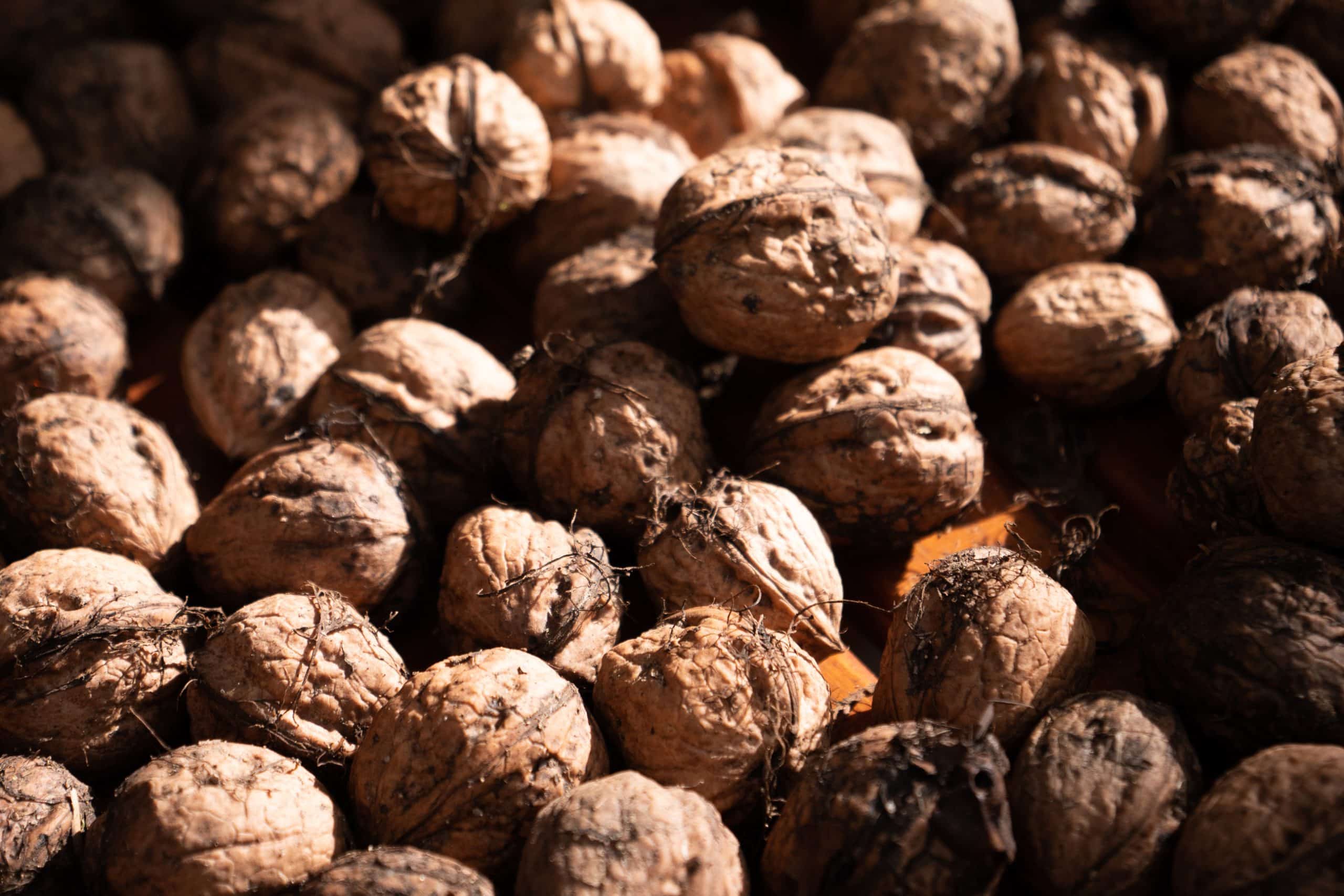How to Prepare a Nutritious Homemade Meal for a Dog with Liver Disease?

Dogs often play an important role in many households, providing companionship and happiness to their owners. However, when they fall ill, it can be a difficult experience for both the pet and the owner. Liver disease is one such health issue that can affect dogs. It’s a severe condition that requires careful management, including a balanced diet specifically tailored to support the liver. This article will guide you on how to prepare a nutritious homemade meal for a dog with liver disease.
Understanding Liver Disease in Dogs
Before you can tackle the issue, it’s crucial to understand what liver disease in dogs entails. The liver is an essential organ in the body that performs many functions, including detoxifying harmful substances in the body, producing proteins for blood clotting, and storing vitamins and minerals. When the liver is unable to perform these tasks correctly, it could lead to liver disease.
A voir aussi : How to Create an Indoor Playground for Cats in Small Spaces?
Liver disease can be triggered by a variety of factors including genetics, exposure to drugs or toxins, and infection. Symptoms can range from loss of appetite, vomiting, weight loss, and jaundice. A diagnosis from your vet will confirm whether your dog is suffering from liver disease and to what extent.
The Importance of Diet in Managing Liver Disease
Once a dog has been diagnosed with liver disease, their diet must be altered to minimise further liver damage and to provide the nutrients necessary for recovery. Dogs with liver disease often struggle to process proteins, so meals should be low in protein but high in quality.
A lire également : What Are the Best Non-Prescription Joint Supplements for Senior Dogs?
Your dog’s new diet should also be high in easily digestible carbohydrates for energy, and include a source of dietary fibre to help eliminate toxins from the body. Providing your dog with smaller, more frequent meals can also help reduce the workload on the liver. Always remember, it’s crucial to consult with your vet or a pet nutritionist before making any significant changes to your dog’s diet.
Preparing a Nutritious Homemade Meal
Creating a homemade meal for a dog with liver disease doesn’t have to be complicated. Here’s a simple recipe you can follow:
Ingredients:
- 1 cup of boiled white rice
- 1/4 cup of low-fat cottage cheese
- 1/4 cup of cooked vegetables (carrots, broccoli, or sweet potatoes)
- 1/4 teaspoon fish oil (optional)
Instructions:
- Boil the white rice according to package instructions.
- Steam the vegetables until they are soft, then chop them into small, bite-sized pieces.
- Mix the rice, vegetables, and cottage cheese in a bowl.
- Add the fish oil and mix thoroughly.
- Allow the meal to cool before serving it to your dog.
Remember, this meal should be served in smaller portions throughout the day, rather than in one large meal.
Additional Tips for Dogs with Liver Disease
In addition to diet, there are other ways you can support your dog’s health. Ensure your dog has access to clean water at all times to aid in detoxification. Avoid exposure to toxins like pesticides and certain cleaning products, as these can put additional strain on the liver. Regular check-ups with your vet are also important to monitor your dog’s condition.
Consultation with a Vet or Pet Nutritionist
While this guide provides a general overview of how to prepare a nutritious homemade meal for a dog with liver disease, it’s always best to seek professional advice tailored to your dog’s specific needs. A vet or pet nutritionist can provide guidance on the appropriate diet, including the right amount of protein, carbs, and fibre that your dog needs. They can also advise on any supplements or medications that can help manage your dog’s condition.
Remember, every dog is unique and may require different dietary needs. With the proper diet and care, your dog can live a comfortable and fulfilling life, even with liver disease.
The Role of Supplements in a Liver Disease Diet
Supplements can play a vital role in supporting the diet of a dog with liver disease. They can fill in any nutritional gaps and also provide additional support to the liver. Milk thistle, for example, is a supplement commonly recommended for dogs with liver disease. It’s a herb that has been used for centuries to support liver, kidney, and gall bladder health.
Omega-3 fatty acids, usually in the form of fish oil, can also be beneficial. These are known to have anti-inflammatory properties and can help reduce inflammation in the liver. Moreover, antioxidants like vitamin E and Selenium can help protect the liver from further damage.
Amino acids like arginine and glutamine are also beneficial. Arginine is known to help detoxify the liver, while glutamine can assist with cellular repair and regeneration.
Prebiotics and probiotics may also be recommended to support gut health, which in turn, can help support liver health. It’s important to discuss with your vet or pet nutritionist about the suitable supplements for your dog. Note that while supplements can be beneficial, they should not replace a balanced diet but rather support it.
Conclusion
Living with liver disease can be challenging for a dog, but with proper diet and care, they can still lead a fulfilling and comfortable life. A nutritious homemade meal that is low in protein and high in easily digestible carbohydrates is beneficial. Including supplements like milk thistle, fish oil, antioxidants, and amino acids can further support your dog’s liver health.
Remember to always maintain access to clean water and limit exposure to toxins. Regular vet check-ups are also crucial to monitor your dog’s condition. And while this guide provides a general overview, it’s always best to consult with a vet or pet nutritionist for advice tailored to your dog’s specific needs.
With a balanced diet, suitable supplements, and appropriate care, your dog can continue to bring joy and companionship to your household despite a liver disease diagnosis.
